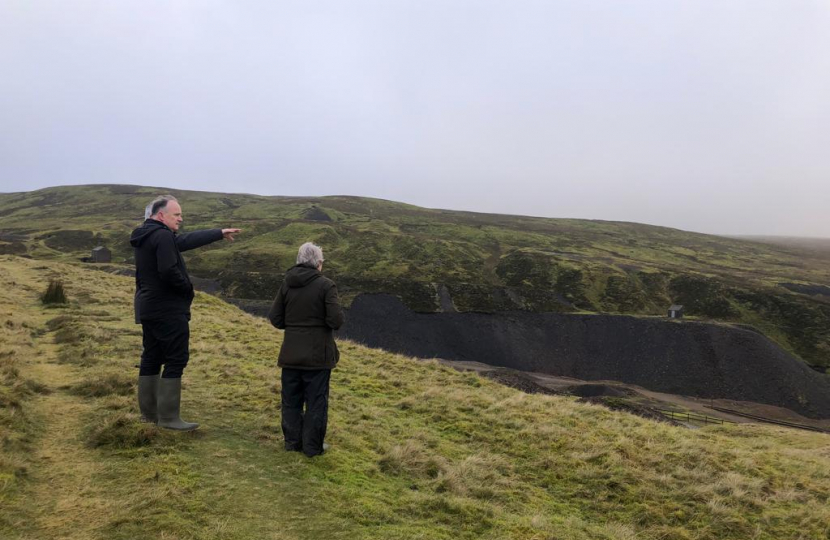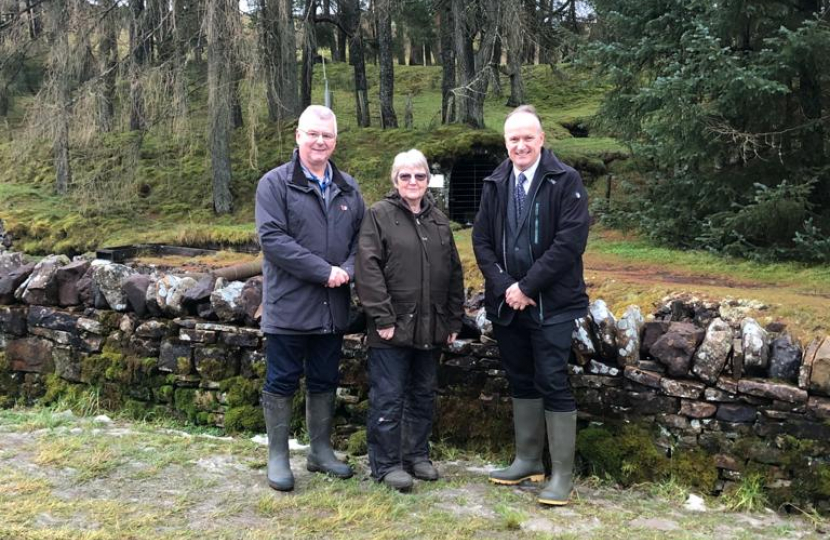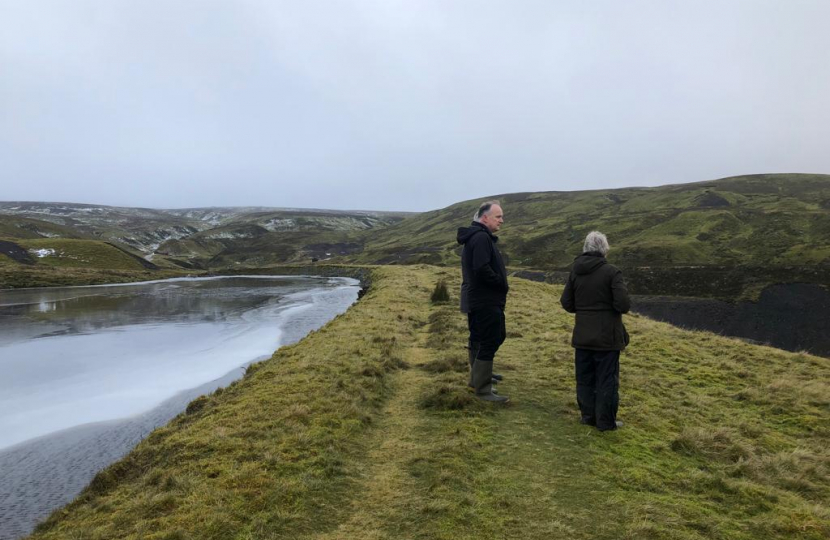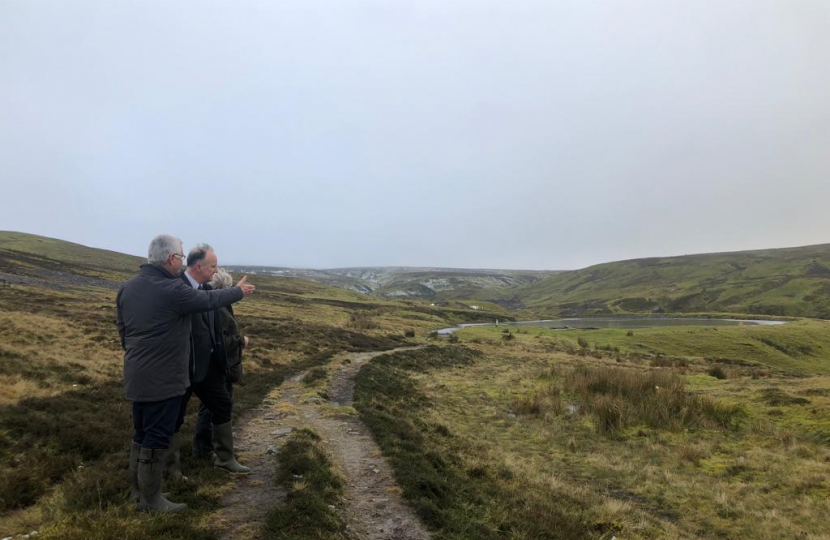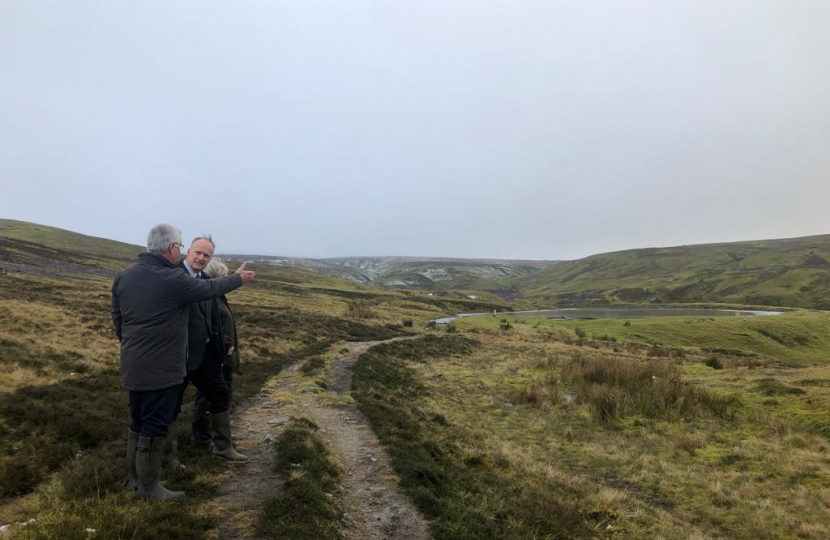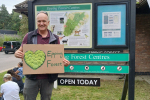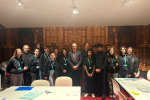Dr Neil Hudson MP showed his support for the Nenthead community as they seek more engagement with project to clean up polluted waterways.
As a result of the region's industrial past, minewater seeps into the watercourse harming fish and other river life so the Department for Environment Food & Rural Affairs, The Coal Authority and the Environment Agency are in the process of reducing current pollution levels by installing the Nent Mine Water Treatment Scheme to capture metals that would otherwise end up polluting rivers.
The River Nent is the most polluted in northern England, with elevated levels of cadmium, lead and zinc being recorded throughout the river, and impacting the water, sediment and aquatic life for 60km to the Tyne Estuary. The sediment, which collect the metals in the Tyne Estuary is dredged regularly and at great cost to maintain access to shipping berths.
With the area falling within the North Pennines Area of Outstanding Natural Beauty, North Pennines Geopark and home to many sites of historic significance, cleaning up the river is important for maintaining the area and promoting tourism but Dr Hudson reinforced it must be done with community consent.
The local community are concerned plans to house a pumping station in the car park at Nenthead Mines, so close to residential properties and local businesses, as well as peat bogs and important habitats potentially disrupted, could be problematic.
They are also keen to maintain a buoyant tourist economy and want to make sure building works, HGV routes and noisy pumping machinery does not disrupt that.
Dr Neil Hudson MP said:
"We are absolutely blessed with some of the most striking landscapes in the country all throughout the North Pennines and I am absolutely committed to preserving them and stamping out the blight of water pollution.
"But this cannot come at the expense of local people who live and work in Alston Moor and Nenthead communities. I am committed to supporting local people, elevating their voices and making sure there are meaningful channels for engagement with the relevant authorities.
"Any development must respect the unique features of these rural communities and bring benefits to the people living here. We've developed some important action points from our meeting and I will continue to liaise with all relevant stakeholders as we move towards an equitable solution."


